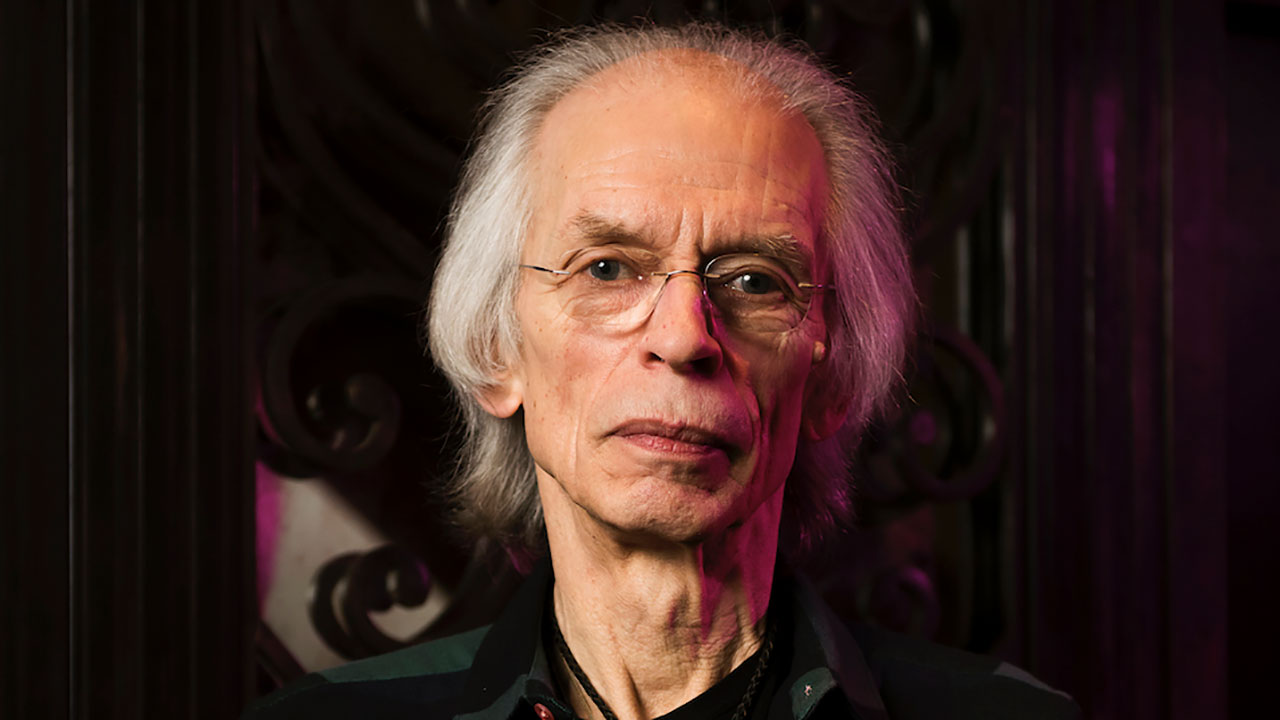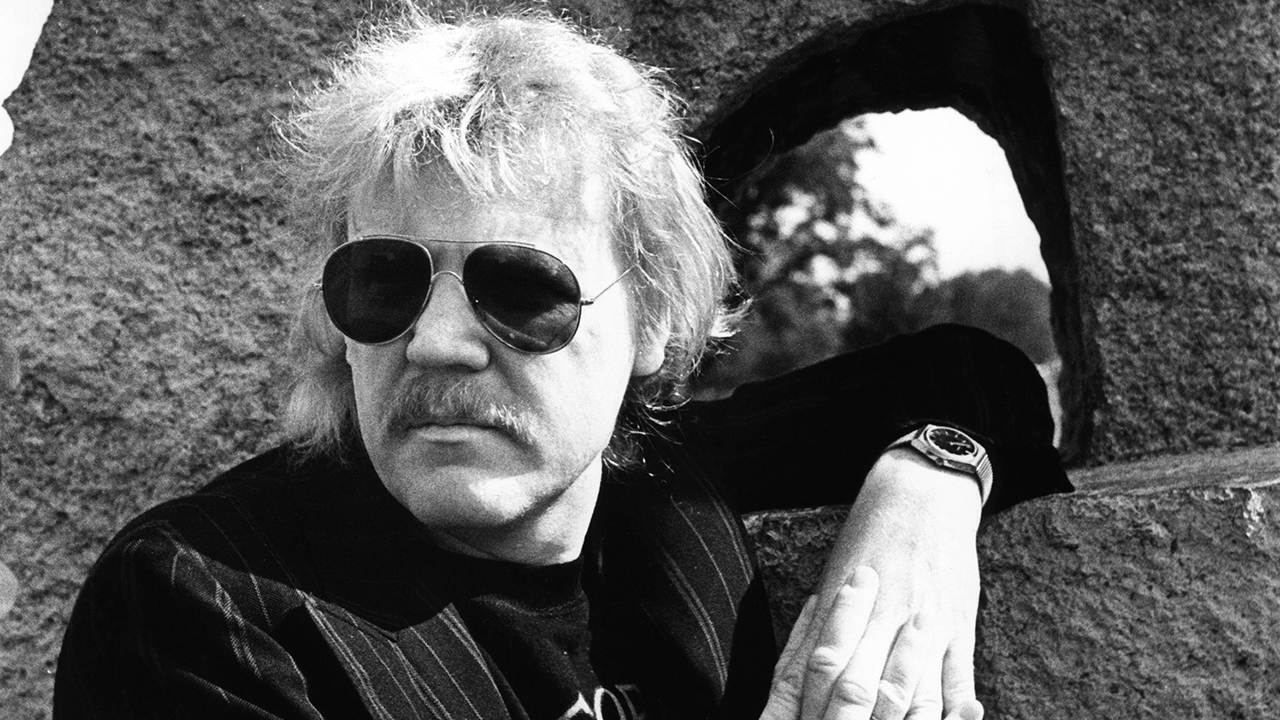Yes guitarist Steve Howe on cruises, Close To The Edge and the secrets behind Relayer's sound
Now in their sixth decade, Yes show no signs of slowing down. In 2022, they'll be revisiting Close To The Edge with a fresh batch of dates. Long-serving guitarist Steve Howe looks ahead to a busy future

When Prog caught up with Steve Howe in early 2020, he was getting ready for a series of dates with rehearsals that would take him to Yes’ American warm-up dates in March 2020. Those shows were planned to culminate in their now-annual Cruise To The Edge event although they were postponed due to the pandemic.
Yet despite Yes’ association with the event, Howe hasn’t always been comfortable with the idea of playing on a cruise ship. “I did one in 2000 and I said, ‘Never again!’ That was as a solo artist. So when Yes got offered one I took a bit of persuading. They said I’d be getting my own room, that there would be security and so on. So, I thought I would give it a go, did a couple and kind of got used to it. The only thing I’m not keen on is trying to play when the boat moves around!” he adds with a laugh.
Although they're no longer part of the 2022 Cruise To The Edge line-up, Yes will head out to Europe in May 2022 for the first leg of their postponed Album Series tour, which will now celebrate the 50th anniversary of Close To The Edge with additional selected cuts. “[In 2019] we played The Gates Of Delirium so we kind of warmed up with that, if you know what I mean,” says Howe. “We love playing full albums.
“We reached a real high, doing Close To The Edge. We valued the musicianship, the artistic ideas and the vocalising that people bring and that’s why we’re still doing it, because it’s exciting to do! Close To The Edge was voted the most proggy album possibly ever made. It was very experimental. We had already done 10-minute epics but with Close To The Edge we just took it a stage further and I’m very pleased we were brave enough to do that."
Yes have always been an albums band, says Howe of their ongoing mission to play songs in the running order presented on the records. “The idea of coming to this one at this point is not only exciting for us, but also a little bit tantalising because that’s complicated stuff, you know? We’ve had experience over the last five years of the album series and everybody has to do a lot of homework to show up at the rehearsal. We say, ‘Well, we all know the song, we think’ and then play it together and see where we get with that. There might be some new things to work on, such as the inclusion of an ending where the song fades or, you know, some other adjustment. But we like to keep as close to the record as possible because that’s our blueprint.”
However, there was a time when Yes weren’t always as together and at this suggestion he laughs. “Yes weren’t really that disciplined as a band. We were a bunch of hippies in the 70s and we just kind of ploughed through things like you would not believe,” he confesses.
What changed that approach was the arrival of bassist Tony Levin for the Anderson Bruford Wakeman and Howe tour in 1989. “I think Jon Anderson said to him, ‘So Tony, do you actually know these songs?’ And Tony said, ‘Oh yeah.’ Very relaxed and laid back. We all looked at him thinking, ‘Yeah, we’ve heard that before.’ But he did, bless him. He knew all of it. Tony brought some real discipline to the band and I’ve made sure that we’ve carried on that way ever since.”
Sign up below to get the latest from Prog, plus exclusive special offers, direct to your inbox!
Whether Yes will perform tracks from the originally planned Relayer as well as Close To The Edge will soon be revealed. And if they do, their main focus will be getting on top of the notoriously complex sections and movements in Sound Chaser and ensuring that the delicate balance that gives To Be Over its ethereal, lighter-than-air qualities is present. Neither of these two pieces have been played by anyone in the current line-up since the late 70s, says Howe. Just 27 years old when Relayer was released, the guitarist will have turned 75 by the time he goes out on the road this year.
How does he cope with the kind of playing that made such technical demands on him as a young man? “Keeping my playing up to speed is just something, fortunately, I’ve been able to do and it hasn’t been a pressure,” he says. “I’ve touched base with To Be Over in the past because I wanted to keep that song alive in my spirit, so to speak. But looking at Sound Chaser, well, that has been a challenge. Some of it falls off my fingers really easily: some of the very fast stuff that Chris Squire and I played together and also the riff going on behind the main song. I’ve never really lost it because I was part of the writing. But rehearsing it’s like awakening the history I have with the song. I never was a hard-nosed practice person in that sense, but always jammed and improvised with myself. So that’s kept my fingers agile and of course, the tours have certainly I’ve kept my fingers agile!”
It’s not just getting the notes right, he says, but the actual sounds as well. Using the album as a template, he works at home with his guitar tech getting it as close the original sound as is possible. “With Relayer, it’s predominately the Telecaster so I’m working with my Line 6 Helix pedalboard to get that right. That can take hours and hours to be honest but it’s worth it.”
The original version of this article appeared in Prog 107. It was updated in April 2022.
Sid's feature articles and reviews have appeared in numerous publications including Prog, Classic Rock, Record Collector, Q, Mojo and Uncut. A full-time freelance writer with hundreds of sleevenotes and essays for both indie and major record labels to his credit, his book, In The Court Of King Crimson, an acclaimed biography of King Crimson, was substantially revised and expanded in 2019 to coincide with the band’s 50th Anniversary. Alongside appearances on radio and TV, he has lectured on jazz and progressive music in the UK and Europe.
A resident of Whitley Bay in north-east England, he spends far too much time posting photographs of LPs he's listening to on Twitter and Facebook.
- Natasha ScharfDeputy Editor, Prog

